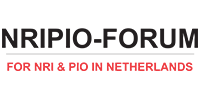How did the Netherlands develop into the prosperous and innovative nation it is today, and what were some of the key factors that contributed to its success?
Question
-
The Netherlands has a rich and complex history that has played a significant role in shaping the country's current identity and status as a leading global economy. Some of the key factors that have contributed to the Netherlands' success as a nation include: Geography: The Netherlands is situated in a strategic location on the North Sea, with access to major trading routes and waterways that have facilitated commerce and economic growth. Innovation and entrepreneurship: The Dutch are known for their innovative spirit and entrepreneurial mindset, which has helped to fuel the country's success in fields such as technology, healthcare, and sustainable energy. Infrastructure and transportation: The Netherlands has invested heavily in developing its transportation infrastructure, with a world-class system of highways, railways, and waterways that has facilitated the movement of goods and people both domestically and internationally. Education and research: The Netherlands has a strong tradition of investing in education and research, with several top-ranked universities and research institutions that have produced groundbreaking discoveries in fields such as science, medicine, and engineering. Social welfare and sustainability: The Netherlands is known for its progressive social welfare policies, including universal healthcare, generous parental leave, and a robust system of social security. The country has also been a leader in promoting sustainable practices and environmental protection. Overall, the Netherlands' success as a nation can be attributed to a combination of factors, including its strategic location, innovative and entrepreneurial spirit, investment in infrastructure and education, and commitment to social welfare and sustainabilityRead more

